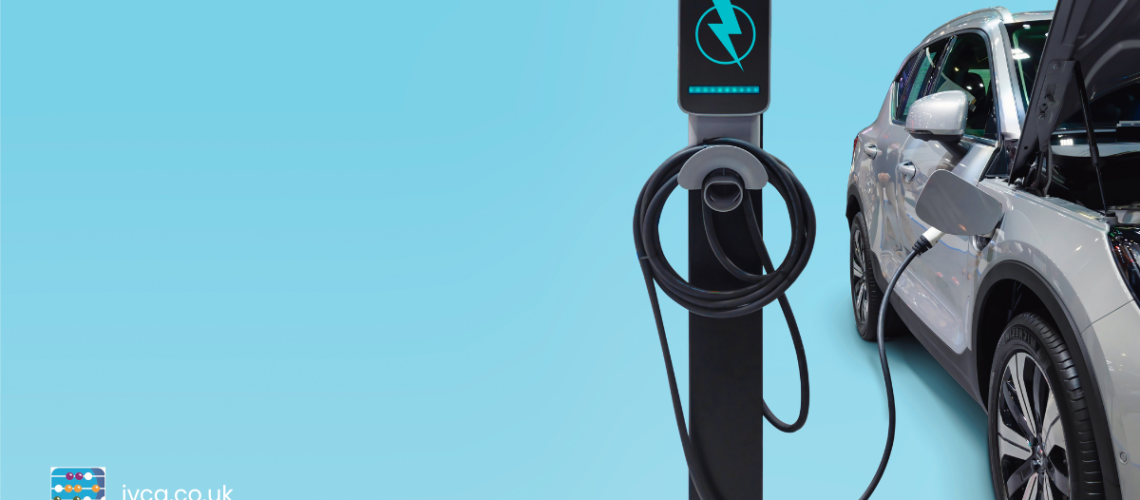Thinking of swapping your petrol-guzzler for something a little cleaner? Or maybe your employees are asking about electric company cars and you’re wondering if there’s a catch (there usually is). This guide to electric vehicles for small business owners gives you the lowdown, without the waffle.
Electric cars aren’t just about saving the planet (though that’s a decent bonus). There are tax perks, running cost benefits, and some red tape to consider. So before you start daydreaming about plugging in your new company car next to your office kettle, let’s run through what getting an electric vehicle actually means.
What’s in it for your business?
Let’s be honest, most business decisions come down to money. Fortunately, electric vehicles (EVs) can be surprisingly kind to your bottom line.
First off, benefit-in-kind (BIK) tax is where EVs really shine. If you offer company cars, your employees’ BIK rate on a fully electric car is just 3% (compared to up to 37% for petrol or diesel). That’s a nice saving for them, and a tick in the “being a decent boss” box for you.
Then there’s the capital allowance side of things. If you buy a brand-new electric car outright for your business, you could claim 100% of the cost as a first-year allowance. That’s not a typo. We’ve explained this in more detail in our blog on getting an EV and saving on your tax, worth a look if you’re not into giving the taxman more than you need to.
VAT: yes, it gets its own section
VAT and cars are like tea and biscuits: always together, but a bit more complicated.
If the car is strictly for business use (and HMRC means strictly), you can reclaim the VAT on the purchase. But if there’s even a hint of personal use, that claim disappears faster than a pack of Hobnobs in the staff kitchen. We’ve broken that down over here: electric car VAT – can you claim it?
However, you can claim back VAT on the charging costs if you charge at work or have a company-provided charger. Keep receipts, track usage, and don’t wing it, HMRC don’t find that funny.
The catch(es)
Not everything in the EV world is sunshine and free charging.
First off, the upfront cost. EVs are still pricier to buy than their petrol cousins. Even with the tax perks, there’s an initial hit. You’ll want to do the maths and see if it stacks up over time.
Then there’s the range issue. Not all electric vehicles go the distance, literally. If your team spends a lot of time on the road, charging infrastructure might become a bit of a game of roulette.
Oh, and installing charging points at your workplace? That’s an extra cost. But there are grants available, so it’s not all doom and gloom. (Here’s some handy links about grants and the workplace charging scheme).
Is it a smart move?
In short, yes, if it suits how your business runs.
- If you’re city-based, or have journeys under about 2ish hours each way, and want to offer a great perk to employees without blowing your tax budget, EVs are a no-brainer. Really worth serious thought!
- If you do longer journeys, however, then you need to search for an EV with a bigger battery! Or charging points along your journey.
EVs also make your business look progressive, which helps with customers and hiring. It’s true! People like working for a company that’s not stuck in the past.
| What now?If you’re thinking about offering electric company cars or switching your own to electric, have a word with your accountant (that’s us, ideally). We’ll help you figure out what works for your business, not someone else’s.Call us on 01234 752 566Or email [email protected] |






